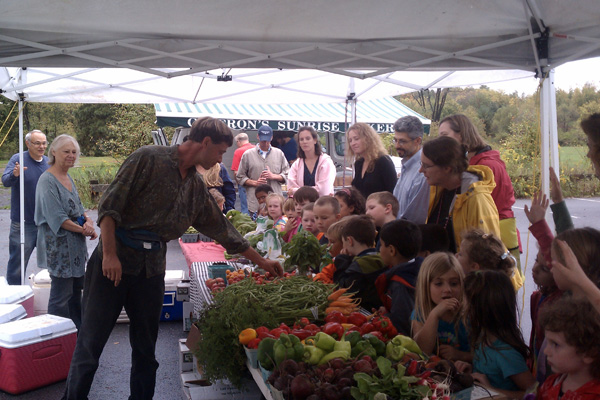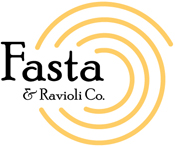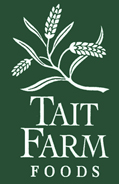-

Erin Donahue -

Christina Barkanic -

Brittany Trott -

Emily Wiley -

Jessica Reilley -

Chris Raines -

Will Nichols -

Emily Reddy -

Michele Marchetti -

Michele Frank -

James Gherardi -

Kit Henshaw -

Christina and Erin -

Kim Tait -

Erin McKinney -

Steve Spanelli -

Sam Komlenic -

Katherine Taylor Grofic -

James Eisenstein -

Jamie Oberdick -

Anna Lombardo -

LacCreta Holland -

Tony Ricci -

Local Food Journey -

Laura Young -

Kristin Camplese -

Harrison's Fresh + Local -

Danielle Matalonis -

Kristine A. -

Linda Weaver -

Naomi Elle Schwartz -

Dana Stuchul -

Cara McShane -

Brittany Smith -

Jessica Illuzzi - Frosty
-

Jessica Paholsky -

James Sechrengost -

Brad Yeckley -

Maya Althouse -

Jordan Reabold -

Kim Chase -

Maria Bryant - Alexandrea Scott
Why Organic? Part 1: Introduction
Posted by James Eisenstein on 01/25, 2012 at 12:08 PM

You’re never too young to learn about growing fresh organic produce. Kindergarteners and first graders at John Eisenstein’s Jade Family Farm stand at the Boalsburg Farmers Market last fall. Photo Courtesy James Eisenstein.
My brother, a witty fellow indeed, never misses an opportunity to respond to my every utterance of the term “organic food†by saying that he much prefers it to inorganic food like rocks and plastic. His response follows a long tradition of cleverly tormenting his little brother, but it also revives my suspicion that many people don’t actually know what “organic food†is or why anyone would want to produce it or consume it. If this sounds like you (or even if it doesn’t), read on.
Explaining what organic production entails – at least the short version – is easy. According to Wikipedia (quoting The Business of Food) “Organic foods are foods that are produced using methods that do not involve modern synthetic inputs such as synthetic pesticides and chemical fertilizers, do not contain genetically modified organisms, and are not processed using irradiation, industrial solvents, or chemical food additives.†Instead, it uses natural fertilizers such as chicken feathers, compost (if properly made), and other natural products, naturally-derived controls for insects (including other insects), and both cultivation and hand weeding to temporarily annoy weeds. There are approved organic sprays, but as son John wryly observes, ours generally don’t work. Conventional sprays and fertilizers often do work well in the short run, but always at a cost in the long run (more on this later).
Even if you are familiar with what organic production involves, you might wonder why it makes sense to pay a little more (though not always!) for organic food. But before answering this question, you need to know that many (not all) local farmers market growers, while not officially certified organic, generally adhere to organic standards. The beauty of a farmers market over a supermarket is that you can ask growers if they use chemical fertilizers and sprays or natural methods (and you should). One more caveat: I’m just presenting my own reasons, based on a mix of information and intuition. If you want a documented research-based treatise on the advantages of organic, you’ll need to look elsewhere.
I suspect most advocates of organic begin with the health effects of chemical insecticides and herbicides, but I like to start by talking about nutrition. Truth to tell, I am working hard on developing a new pet peeve to displace my abhorrence of students’ favorite phrase, “a lot.†It is the absence of discussion about the nutritional content of the food we eat. It amazes me that so many cooking shows and recipes just list ingredients without mentioning the freshness or nutritional content of ingredients. The purpose of eating is to sustain life, after all. If we ate just to satisfy hunger, we might more cheaply eat sawdust fortified with high-fructose corn syrup.
It’s about nutrition! And if organic food is indeed more nutritious, it is a powerful reason to eat it. Well, surprise! It is more nutritious, as I’ll endeavor to demonstrate in Part 2. Stay tuned.
![]() Author: James Eisenstein
Author: James Eisenstein
Bio: Unpaid Field Hand at Jade Family Farm | Former Penn State Professor
- Our Local Food Journey comes to an end
- Winter isn’t a quiet time at the farm
- Get the taste of garden season right now by growing herbs indoors
- All you need to know about PASA’s Farming for the Future conference









NO COMMENTS